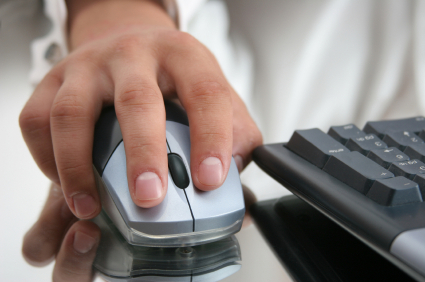An overwhelming majority of both athletes returning to the classroom after a concussion and their parents are "very concerned" that academic performance will be negatively affected, finds a recent survey.

Majorities of both athletes and parents surveyed called for schools to do more to support the recovery of students from concussions through academic accommodations, such as extra time to complete tasks, reduced homework, and rest breaks.
Grades suffer after concussion
Researchers at Children's National Medical Center in Washington, D.C. (CNMC) posed ten questions to a group of 55 children, age 10-18 years, and their parents, referred to the concussion clinic at the center within 60 days of a diagnosis of concussion. Three quarters of the concussions were sports-related. Nine in ten had returned to school after missing an average of 4.4 days. Nearly one in five (18.5%) had missed no days of school.
- Nearly nine out of ten students (87%) and parents (86.8%) reported being midly, moderately, or very concerned that school learning and memory would be negatively affected by concussion, with half expressing moderate concern to being very concerned.
- Students reported multiple symptoms of concussion, with three-quarters (73.5%) reporting headaches, two-thirds (65.3%) saying they were having trouble paying attention in class, and a majority saying homework took too long (61.2%), and experiencing difficulty studying for tests and quizzes (55.1%).
- Math was far and away the class with which students said they were having the most difficulty (75% versus social studies at 50%), and the subject in which both they and their parents reported grades that were either dropping or at risk of dropping.
- A majority of both students (52.8%) and parents (53.1%) felt extra time was the academic accommodation most needed, followed by reduced homework (37.7%/36% respectively) and rest breaks (34%/30%).
- Asked to identify school personnel who could best direct the student support process, both parents (47.2%) and students (44.2%) picked the guidance counselor, followed by the school nurse (35.5%/37.7%) and athletic trainer (26.9%/30.2%).
- Only one in six students (16.7%) and one in four parents (26.4$) were aware of a written school-based concussion policy and procedures to support recovery, although solid majorities of students (88.7%) and parents (92.3%) were mildly to very confident in the school's ability to help the student's recovery, although 58% of parents said they would like to see additional concussion education and training at their child's school.
Structured return-to-school programs needed
The findings point to a "need in schools across the country for systematic post-concussion academic support and management," wrote lead author, Gerard A. Gioia, Ph. D., Chief of the Division of Pediatric Neuropsychology and Director of Safe the Concussion Outcome, Recovery & Education (SCORE) Program at CNMC and Associate Professor in the Departments of Pediatrics & Psychiatry at George Washington Univ. School of Medicine.
"While states have passed legislation to implement policies on athletic return-to-play guidelines for injured student-athletes," Dr. Gioia argues, "the same attention must be directed to formal policies and procedures to support the recovery of the student [in the classroom]." "Structured return-to-school programs would prepare personnel to provide active support and management to students who have sustained concussions. The school system must be prepared to build these supports specific to that student's individual needs," says Dr. Gioia.
October 27, 2013 update: For an article discussing detailed recommendations contained in a 2013 clinical report by the American Academy of Pediatrics [1] on the kind of adjustments that may be necessary to help a concussed student-athlete successfully return to the classroom, click here.
Source: Children's National Medical Center
1. Halstead ME, et al. Clinical Report - Returning to Learning Following a Concussion. Pediatrics doi:10.1542/peds.2013-2867 (epub October 27, 2013).
Posted April 24, 2011; revised October 27, 2013








